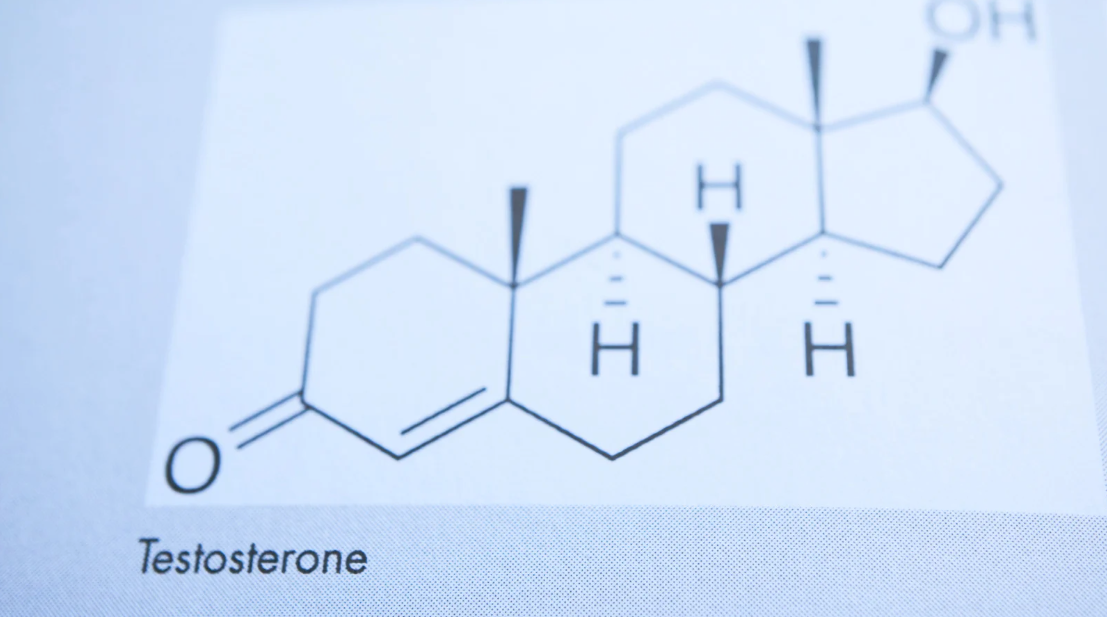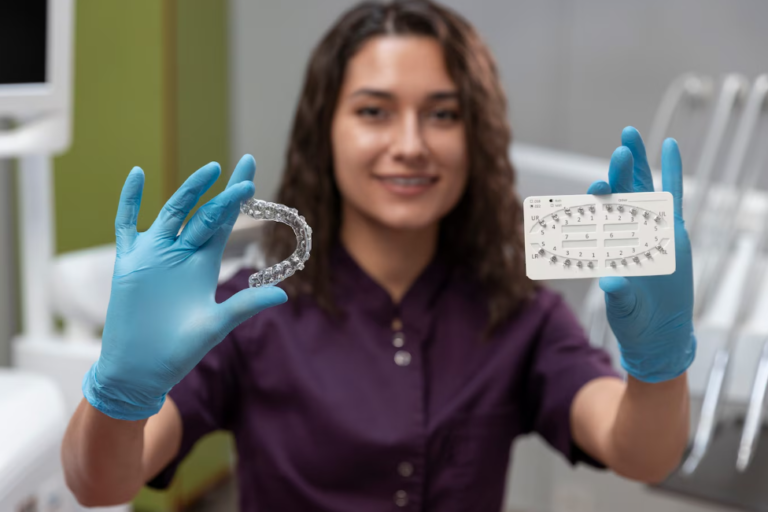The Connection Between TRT Therapy and Improved Mood Stability
As men age, declining testosterone levels can influence more than physical health. Emotional well-being and mental clarity often take a backseat, leading to irritability, low motivation, and depressive symptoms. This shift is subtle yet impactful, creating challenges in daily life and relationships. For those struggling with such changes, TRT therapy in Lakeland may offer a professional path toward emotional balance and improved quality of life. Testosterone Replacement Therapy (TRT) has gained relevance not only for enhancing strength and energy but also for promoting psychological well-being. While not a mental health treatment, its role in supporting brain chemistry cannot be dismissed.
How Hormonal Fluctuations Affect Mood
Low testosterone is associated with a range of mood-related issues. Men with suboptimal levels often report fatigue, low drive, and inconsistent emotional states. These symptoms can mimic clinical depression or anxiety and are frequently misunderstood. Since testosterone receptors exist in areas of the brain responsible for mood regulation, deficiencies in this hormone can disrupt neurotransmitter activity. Consistent mood instability can reduce productivity, damage relationships, and erode self-esteem. Addressing the underlying hormonal imbalance rather than masking symptoms with temporary fixes is a more targeted solution. This is where medical evaluation becomes critical.
Understanding the Relationship Between TRT and Emotional Well-being
TRT aims to restore testosterone to optimal levels. As hormonal balance is restored, many men experience improved concentration, better sleep, and increased emotional resilience. When administered under professional supervision, the impact can be both immediate and long-term. Research suggests that TRT can positively impact the amygdala and prefrontal cortex, brain regions associated with mood and emotional control. For men dealing with persistent emotional lows, restoring testosterone levels may remove a biochemical barrier to emotional regulation.
In many cases, testosterone levels are not low enough to trigger traditional clinical alarms, yet they still cause noticeable life disruptions. Understanding what constitutes a qualifying level is essential. Understanding what testosterone levels qualify for TRT, explains diagnostic criteria and treatment thresholds.
The Clinical Impact of Testosterone Restoration
Beyond anecdotal evidence, there is measurable improvement in cognitive function and motivation among men receiving testosterone therapy. Stabilizing mood swings is particularly valuable for those balancing work, family, and personal health. TRT does not produce artificial happiness but instead addresses an underlying chemical imbalance that may have gone unnoticed for years.
Patients often report a reduction in stress reactivity and a more even temperament over time. These changes can enhance workplace dynamics, interpersonal relationships, and overall life satisfaction. For those considering treatment, understanding the benefits of testosterone replacement therapy also includes recognizing the importance of professional monitoring. This ensures that results are optimized and side effects are minimized throughout the therapeutic journey.
Conclusion
Mood instability related to low testosterone is often misinterpreted or dismissed entirely. TRT presents a professional solution that restores the body’s natural hormonal balance. By addressing one of the root causes of emotional volatility, this treatment helps men regain their confidence, motivation, and emotional resilience. For those navigating unexplained mood changes, professional evaluation and testosterone therapy may offer a sustainable path forward.






